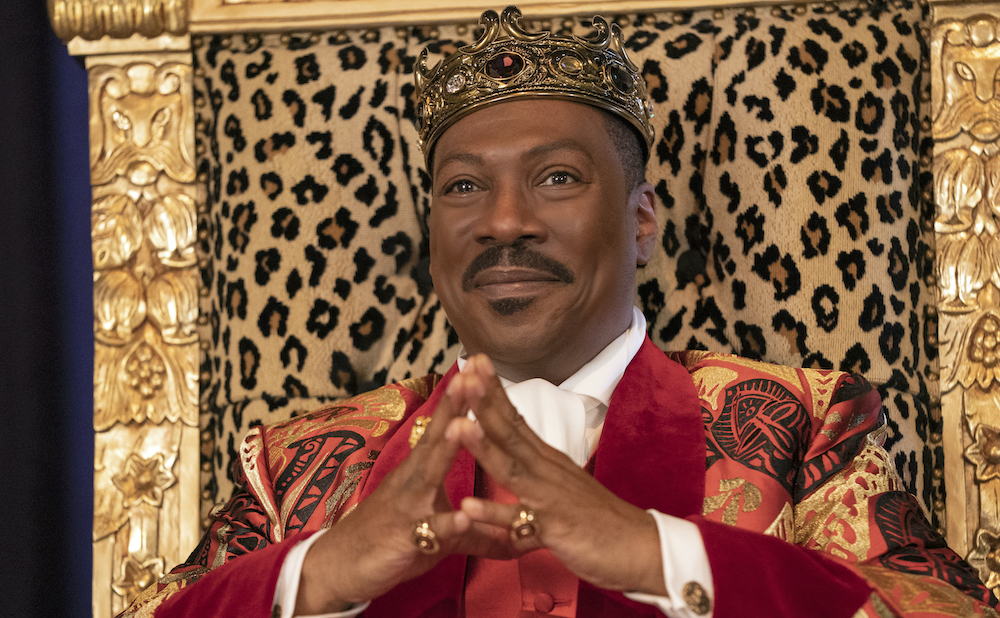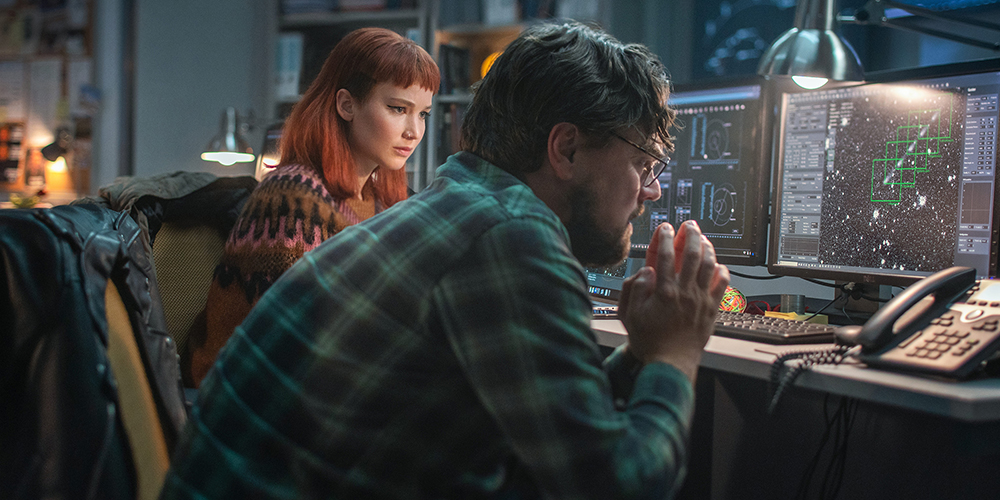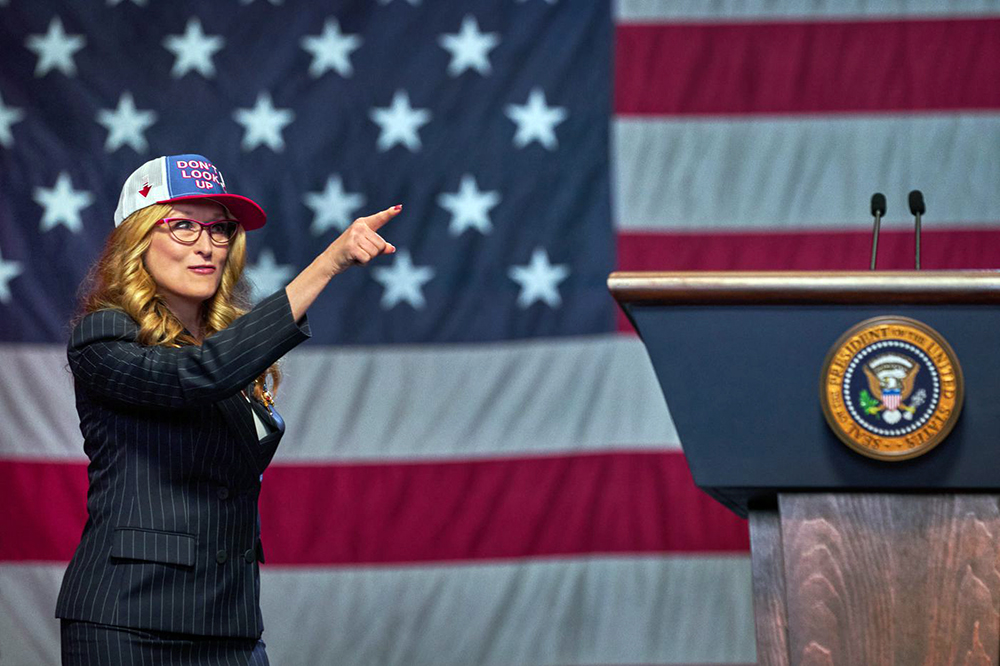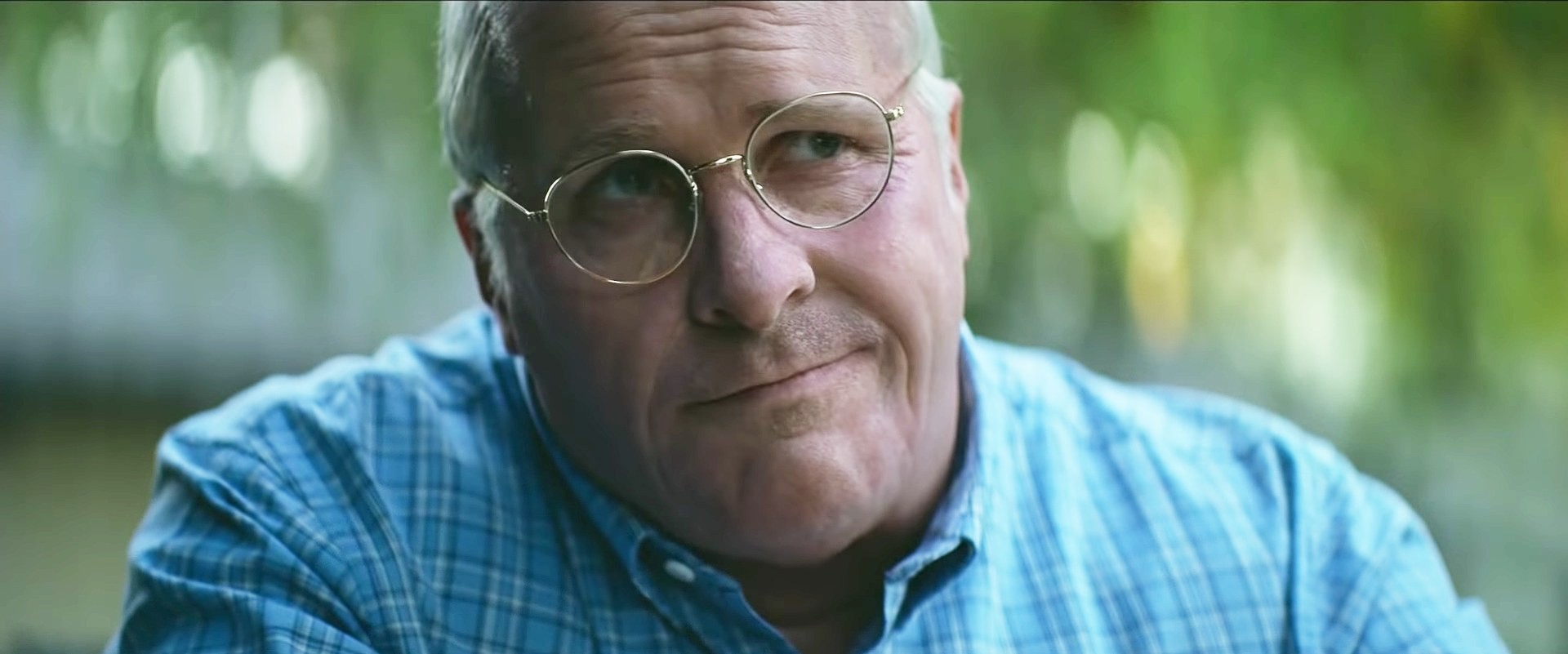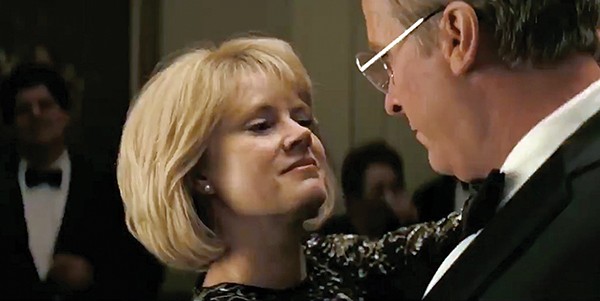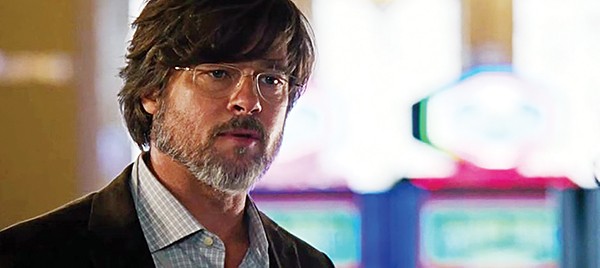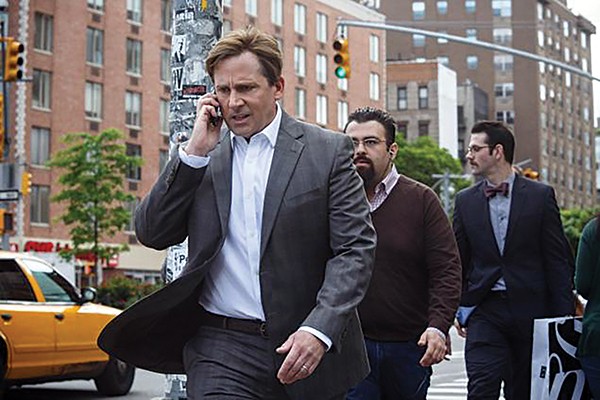The nominations for the 94th annual Academy Awards were announced this morning. Jane Campion’s Western The Power of the Dog leads the list with 12 nods, including Best Picture, Best Director, and acting nominations for Benedict Cumberbatch, Kirsten Dunst, Jesse Plemons, and Kodi Smit-McPhee.
Coming 2 America, the sequel to Eddie Murphy’s beloved 1988 star vehicle, earned a nomination for Mike Marino, Stacey Morris, and Carla Farmer’s work in Makeup and Hairstyling. The film was directed by Memphian Craig Brewer. Upon its release in January, 2021, Coming 2 America became became Amazon Studios biggest hit to date. You can read the story behind its making in this Memphis Flyer cover story.
Coming 2 America will compete in the Hair and Makeup category against Disney’s Cruella, Denis Villaneuve’s sci-fi epic Dune, the Jessica Chastain-led biopic The Eyes of Tammy Faye, and Ridley Scott’s melodrama House of Gucci. Brewer’s 2005 film Hustle & Flow earned a Best Original Song Academy Award for Three Six Mafia’s “It’s Hard Out Here for a Pimp,” and a Best Actor nomination for star Terrance Howard.
Best Picture nominees also included Dune, which earned a total of 10 nominations. Kenneth Brannaugh’s period drama Belfast was nominated in both Best Picture and Best Director categories, as well as Best Supporting Actress for Judi Dench and Supporting Actor for Ciarán Hinds. Adam McKay’s climate change satire Don’t Look Up, another Best Picture nominee, was also listed for Best Original Score, Best Original Screenplay, and Best Film Editing. Will Smith earned a Best Actor nominee for sports flick and Best Picture nominee King Richard. Paul Thomas Anderson’s 70’s rom-com Licorice Pizza received both Best Picture and Best Director noms, as did Ryuske Hamaguchi’s meditative Drive My Car, which was also Japan’s entry in the Best International Feature category. Steven Spielberg’s re-adaptation of West Side Story made him the first person to be nominated for Best Director in six different decades, while Ariana DeBose was nominated for Best Supporting Actress for her role as Anita. Gueillermo del Toro’s carnival noir Nightmare Alley, and Sundance hit CODA rounded out the Best Picture nods.
Elsewhere, Flee, Jonas Poher Rasmussen’s story of an Afghan refugee named Amin Nawabi, made history as the first film to ever earn nominations in the Best Documentary, Best Animated, and Best International Feature categories.
The Academy Awards ceremony will be broadcast on March 27, 2022. You can see the full list of nominees at the Academy of Motion Picture Arts and Sciences website.
